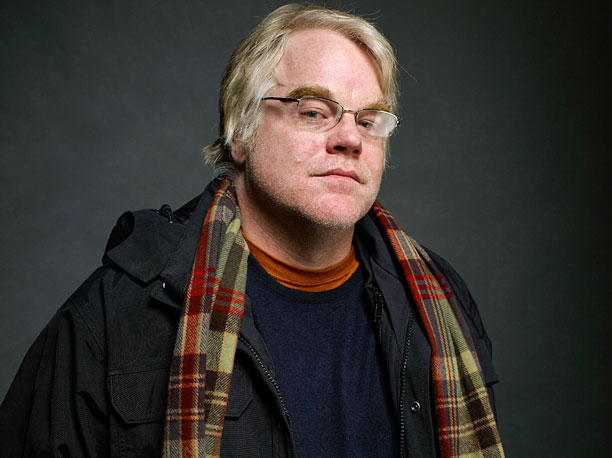![Philip Seymour Hoffman Shines in ‘A Most Wanted Man’ [Review] Philip Seymour Hoffman Shines in ‘A Most Wanted Man’ [Review]](https://headlinersdaily.com/wp-content/themes/_stylebook/timthumb.php?src=https%3A%2F%2Fheadlinersdaily.com%2Fwp-content%2Fuploads%2F2014%2F09%2FHoffman-Most-Wanted-Man-11.jpg&q=90&w=795&zc=1)

Philip Seymour Hoffman shines in A Most Wanted Man, which is one of his final film roles prior to his death. As most readers are already aware, Hoffman was found dead of a heroin overdose in his Upper West Side apartment in Manhattan back in February 2014. The native New Yorker and talented actor left behind a long resume of impressive work, several projects completed, as well as a number of projects in the works at the time of his death, including The Hunger Games: Mockingjay Part 1. A Most Wanted Man is the latest to be released and features a tour-de-force performance from the late Hoffman.
The film is an adaptation of John le Carre’s 2008 novel of the same name. The prolific spy novelist is known for drawing audiences in with his gritty and gripping material. A Most Wanted Man is no exception and the film explores the costs endured by those that participate in the espionage game. The film is centered around Hoffman’s character, who is Gunther Bachmann, a German counterterrorism chief. Much like Hoffman himself, Bachmann is a tortured soul who is battered, bruised, and has reached the end of his rope. He has been brutalized and demoralized by his work. His work and trade has sapped his soul. The film also featured an impressive supporting cast, including Rachel McAdams (About Time), Robin Wright (Message in a Bottle), and Willem Dafoe (Out of the Furnace), which helped to move this cautionary tale forward.
The film is set in Hamburg, Germany, which is the port city where Al-Queda members helped to plan the 9/11 attacks on the United States. Philip Seymour Hoffman shines in A Most Wanted Man, as his character of Bachmann is determined to stop the same events from occurring again. Bachmann’s strategy involved building a network of spies that could successfully penetrate terrorist groups, use them as recruiters, then dispose of them accordingly. While his tactics prove to be viable, the costs associated with them drain and cripple him.
A distinct aspect of le Carre’s stories and adapted films is that there are consequences involved, not only to the antagnostics involved, but also to the protagnostics who chase them. Additionally, le Carre’s stories address the human price paid by people who do such work. This is very much the case with A Most Wanted Man, and it is reflected in one of Hoffman’s final film performances. In the film, as Bachmann is consumed by the moral consequences and soul-draining nature of his job, Hoffman depicts him as a man consumed by bad habits–he eats unhealthy food, smokes, and drinks heavily. He also does not exercise or maintain an active lifestyle. Instead, he is seen in sedentary situations where he spends hours on end waiting to meet a source or doing surveillance work. While the villains in le Carre’s tales rarely suffer from the same physical consequences as the protagnostics do, there are usually severe moral consequences as a result of their actions. The same is true in A Most Wanted Man.
Philip Seymour Hoffman’s career-defining performance in A Most Wanted Man will only add new dimension to his legacy of fine film work. His mesmerizing portrayal will draw the audience into the world of espionage, and make the viewers feel the pain involved in the soul-draining and morally compromised spy game. Hoffman shines in one of his final film roles prior to his death, and his performance will be talked about and lauded for many years to come. As Hoffman himself suffered a tragic fate, his performance in this film will demonstrate the human price paid by those who are committed to keeping the world safe, despite the cost to themselves. The performance is Oscar-worthy and will likely at least snag him a posthumous nomination. It certainly encourages the audience to reflect on the gravitas Hoffman consumed by accepting and immersing himself so completely in the role. Could the soul-sapping nature of this role have resulted in his death? That is a question that will continue to be pondered.
Review By Leigh Haugh
Sources:
Chicago Tribune
Inside Pulse
Daily Telegraph


